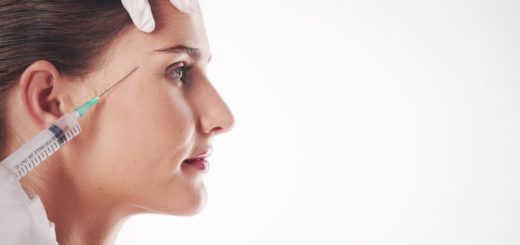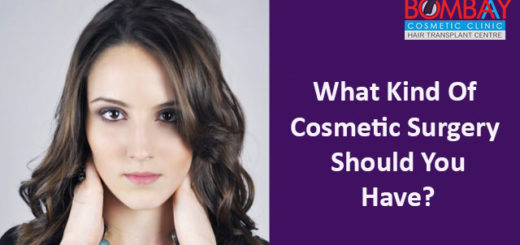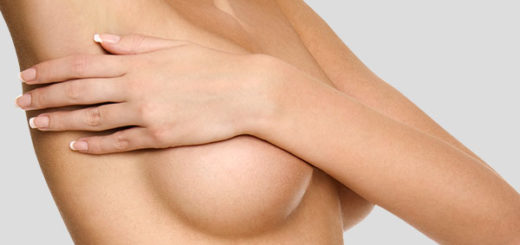What to eat for healthy hair and how to avoid hair loss
Just like skin, the condition of your hair is an outward sign of inside health. The cells that make up each strand of hair require a regular supply of key nutrients.
Eat the correct balance of the following vitamins and minerals to supply hair with all that it needs to remain shiny, lustrous and strong.
Protein
As hair is made of protein, ensuring you have enough protein in your diet is crucial for making hair strong and healthy. If you are not consuming enough protein in your diet, your hair is likely to become dry, brittle and weak. Extremely low protein diets may result in hair loss. Choose chicken, turkey, fish, dairy products and egg as excellent sources of protein along with vegetarian sources such as legumes and nuts.

Iron
Iron is an especially important mineral for hair and too little iron is a major cause of hair loss. The hair follicles and root are fed by a nutrient rich blood supply. When iron levels fall below a certain point, you may experience anemia. This disrupts the nutrient supply to the follicle, affecting the hair growth cycle and may result in shedding. Animal products such as red meat, chicken and fish provide iron with a high bioavailability, meaning the iron is readily available to the body. Vegetarians can raise their iron stores by including lentils, spinach and other leafy green vegetables such as broccoli, kale and salad greens.
Vitamin C
Vitamin C aids the absorption of iron so foods high in vitamin C are good to eat in conjunction with iron-rich foods. Vitamin C is also an antioxidant so is used readily by the body. The best sources are black currents, blueberries broccoli, guava, kiwi fruits, oranges, papaya, strawberries and sweet potatoes. Vitamin C helps in the production of collagen that strengthens the capillaries that supply the hair shafts.

Omega-3
Omega-3 fatty acids are important fats our body cannot make itself, and therefore must be obtained through our diet. Omega-3s are found in the cells that line the scalp and also provide the oils that keep your scalp and hair hydrated. Look out for oily fish such as salmon, herring, sardines, trout and mackerel and plant sources including avocados, pumpkin seeds and walnuts.
Vitamin A
Vitamin A is needed by the body to make sebum. Sebum is an oily substance created by our hairs sebaceous glands and provides a natural conditioner for a healthy scalp. Without sebum we may experience an itchy scalp and dry hair. Include animal products and orange/ yellow colored vegetables which are high in beta-carotene such as carrots, pumpkins and sweet potatoes.
Zinc and Selenium
Scalp protection involves other important minerals, notably zinc and selenium. A lack of zinc can lead to hair loss and a dry, flaky scalp. Fortified cereals and wholegrains are a good source of zinc along with oysters, beef and eggs.

Vitamin E
The sun can damage our hair just like it can damage our skin so ensure you eat foods rich in vitamin E to provide protection for your hair. Nuts are nutritional powerhouses, providing zinc and selenium as well as vitamin E so try to include them as part of a balanced diet.
Biotin
Biotin is a water-soluble B vitamin. Too little biotin can cause brittle hair and may lead to hair loss. Include biotin rich foods such as wholegrains, liver, egg yolk, soy flour and yeast.
Natural Treatments
Make your own hair mask for a deep, nourishing treatment every two weeks. Whisk an egg yolk and mix with half a mashed avocado and a spoonful of honey. Massage onto damp, clean hair and leave for 30 minutes before rinsing thoroughly.

The hair cycle…
Each hair is attached to the scalp via a follicle. There are between 100,000 and 350,000 hair follicles on the human scalp. Each follicles grow its hair for an average of 1000 days and then rests for a period of around 100 days before being shed and a new hair begins to grow. This pattern of active growth followed by the resting period varies significantly from person to person and is influenced by age, diet and our state of health.
Hair Growth
The length of hair that you are able to grow is controlled by the duration of the growing phase, which varies between individuals. We all lose some hair naturally each day when we brush, comb or wash it and as long as new hairs are being produced at the same rate as those falling out, there will be no difference in hair volume. However if the rate of shedding exceeds production the net result is hair loss or thinning.
Hair Loss
We shed hair every day as part of our body’s natural process. Hair loss can happen at any time of life for any number of reasons. When hair loss becomes a concern, it is important to determine the cause before seeking out the appropriate treatment.

Potential non-dietary factors for hair loss include:
- Age influences hair strength. As we grow older, there is a tendency for our hair fibers to become finer and shorter and we may experience hair loss or graying. It is normal for women to experience changes to their hair post pregnancy and as they enter the menopause.
- Genetic hair loss is the most common hair loss problem affecting men and women. The onset is usually during the mid to late 20s and is often unavoidable. Women experiencing baldness may want to consult a trained medical professional.
- Repeated losing and gaining weight can take its toll on your hair, causing it to become brittle and lacking luster. Crash diets are often short in essential vitamins and minerals and over long periods of time this type of dieting with reflects in your hair.
- Hormonal imbalances including thyroid dysfunction can produce significant changes to hair growth and quality. Thyroid function can only be assessed by blood test. If you are experiencing considerable hair loss, please consult your doctor.


